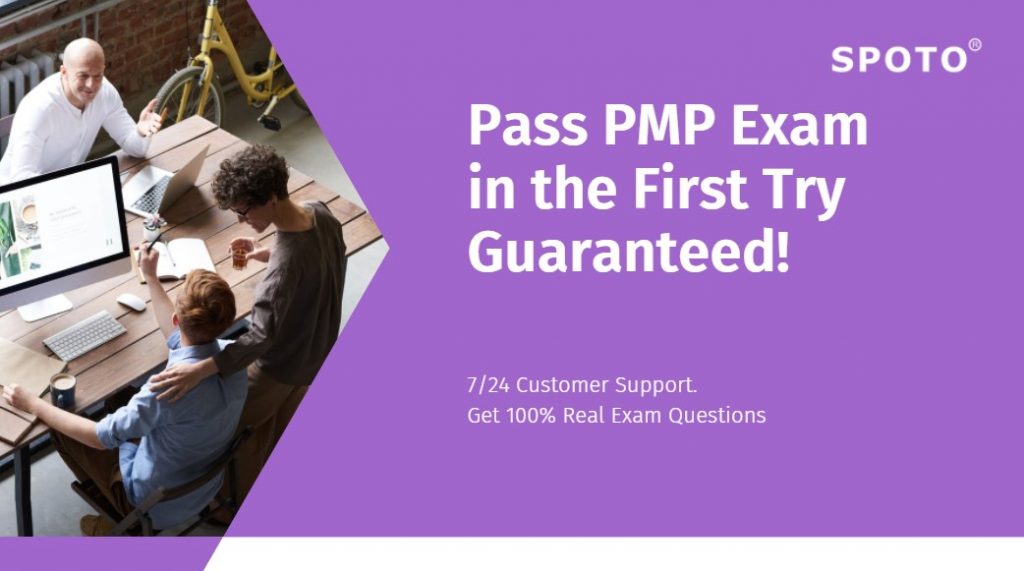The Project Management Institute’s Risk Management Professional, or PMI-RMP®, is a well-known certification. PMI-RMP® Certification is only available to professionals. It is widely recognized around the world as the ultimate seal of approval for an individual’s risk management skills on the global market, and it significantly improves job opportunities. PMI-RMP® course Certification broadens a professional’s understanding and contributes significantly to their confidence.
In other words, this certification recognizes and validates a professional’s efficiency and competency in understanding, identifying, and implementing risk-control strategies. It necessitates both theoretical and practical knowledge.
Another important reason for its increasing popularity and global recognition is that its application is not limited to a single industry. We will cover the following topics in this article to help you get one step closer to becoming a PMI-RMP certified:
PMI-RMP® certification’s accrediting body
Qualification for the PMI-RMP® certification
The procedure for obtaining PMI-RMP® certification
Choosing the Best Training Partner for Your PMI-RMP® Course
More information on the PMI-RMP® course
Structure of the PMI-RMP® certification examination
What if you don’t pass the PMI-RMP® certification exam the first time?
Career advancement and roles following PMI-RMP® certification
PMI-RMP® certification requires a post-examination.
The PMI-RMP® Certification Accreditation Body
The Project Management Institute of the United States is the accrediting body for the PMI-RMP® course Certification. The PMI® was founded in 1969 and is one of the leading non-profit professional associations. Every year, it awards certifications to nearly 3 million professionals worldwide.
Through its internationally recognized certifications, standards, publications, academic research, and professional development courses, the PMI® is known to advance careers, improve efficiency, and boost overall success rates for organizations and individuals alike.
Qualification For The PMI-RMP® Certification
This certification is open to any individual or professional who is already practicing risk management and wants to build a solid foundation in risk management. Risk managers, project managers, and line managers are among the best candidates for this certification.

The following are the PMI-RMP® Certification Eligibility Criteria:
A secondary education, a high school diploma, or the global equivalent
4,500 hours of project risk management experience in the last five years Project risk management education spanning 40 hours or more
A four-year degree or its international equivalent is required.
3,000 hours of project risk management experience in the last five years.
Education in project risk management for 30 hours.
The eligibility criteria are designed primarily to identify standout performers on project teams with sharp skills that demonstrate expertise in dealing with risk management issues.
Refer to the PMI-RMP® Handbook for more information on the process and eligibility requirements.
How to Obtain PMI-RMP® Certification
To obtain the PMI-RMP® Certification, interested candidates must first fill out the online application form, which is available on the PMI® website. After reviewing your application, the Project Management Institute will respond within five working days. If your application is not chosen for auditing, you will be notified that you must pay the examination fee.
If the application is chosen for auditing, the candidate must submit the requested information, which includes a copy of the education certificate, signed risk management experience forms, and the PDU certification. PDU stands for Professional Development Unit, and it denotes the level of experience. This procedure must be completed in 90 days. PMI® typically responds within 5 to 7 working days. You may pay the examination fee once your application has been accepted.
After the credential fee is accepted by PMI®, the application procedure is said to be complete, and the candidate can begin preparing for the examination. When a candidate is deemed eligible for the exam, they typically receive an email with the following information:
• The candidate’s unique PMI® Eligibility ID • The time period during which the candidate will be eligible to take the exam • Exam schedule instructions
The exam is administered at designated locations, and the names of candidates who pass the exam are posted on the PMI® website within a few days.
You can always refer to the PMI® handbook for more information and clarification.





